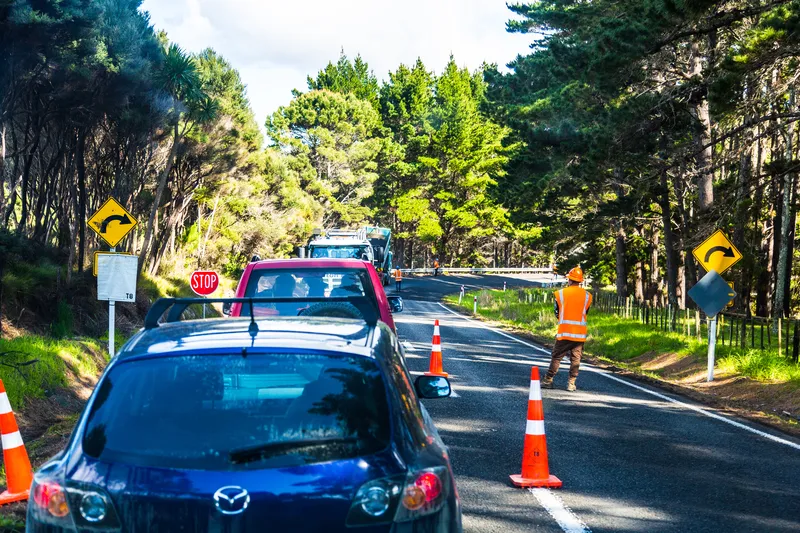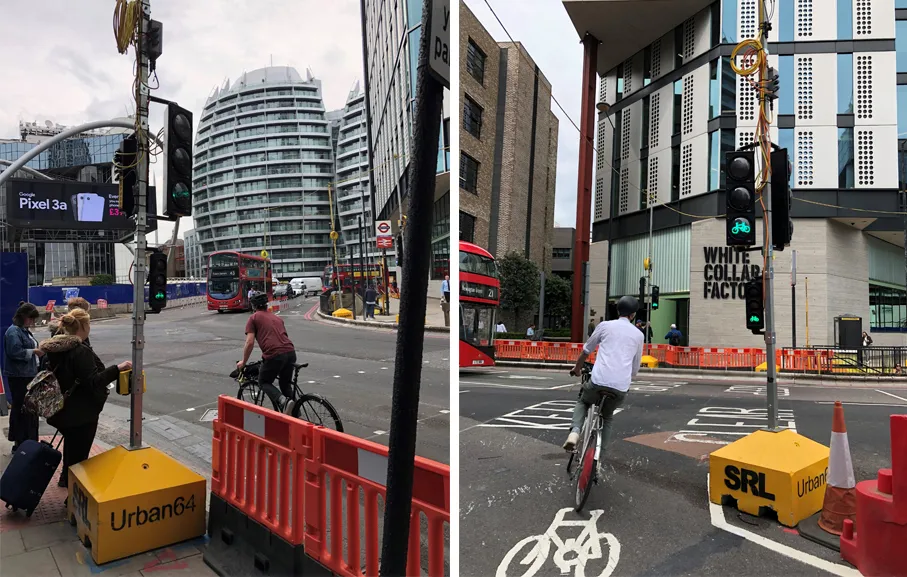Fulton Hogan has been awarded a (US$6 million (NZ$8 million) contract to build new cycle lanes on the north and southbound streets of the State Highway 1 one-way system between the Dunedin Botanical Gardens and Queens Gardens.
The work involves replacement of the existing painted cycle lanes, which sit directly next to busy traffic lanes and placing new cycle lanes alongside the footpath, together with a series of islands to keep highway traffic and cyclists separated.
Another critical element of the work is a focus on improving pedestrian safety, with new traffic signals planned and existing traffic signal operations being upgraded to increase the protection for pedestrians when crossing.
In addition to improving the safety of the one-way system for everyone, the new cycle lanes will create better linkages to central city locations including the hospital and the central city itself. It will also provide more convenient connections to the wider network of urban cycle routes being developed by the Dunedin City Council.
The cycleway is part of the Urban Cycleways Programme, which is delivering US$247 million (NZ$333 million) of new cycleway projects throughout the country. This is the single biggest investment in cycling in New Zealand’s history.
Cycle safety improvements coming for Dunedin, New Zealand
Work is set to start next month on a cycleway through central Dunedin, New Zealand, that aims to improve safety for cyclists, pedestrians and all road users. Fulton Hogan has been awarded a (US$6 million (NZ$8 million) contract to build new cycle lanes on the north and southbound streets of the State Highway 1 one-way system between the Dunedin Botanical Gardens and Queens Gardens. The work involves replacement of the existing painted cycle lanes, which sit directly next to busy traffic lanes and placing ne
July 21, 2017
Read time: 2 mins
Work is set to start next month on a cycleway through central Dunedin, New Zealand, that aims to improve safety for cyclists, pedestrians and all road users.









